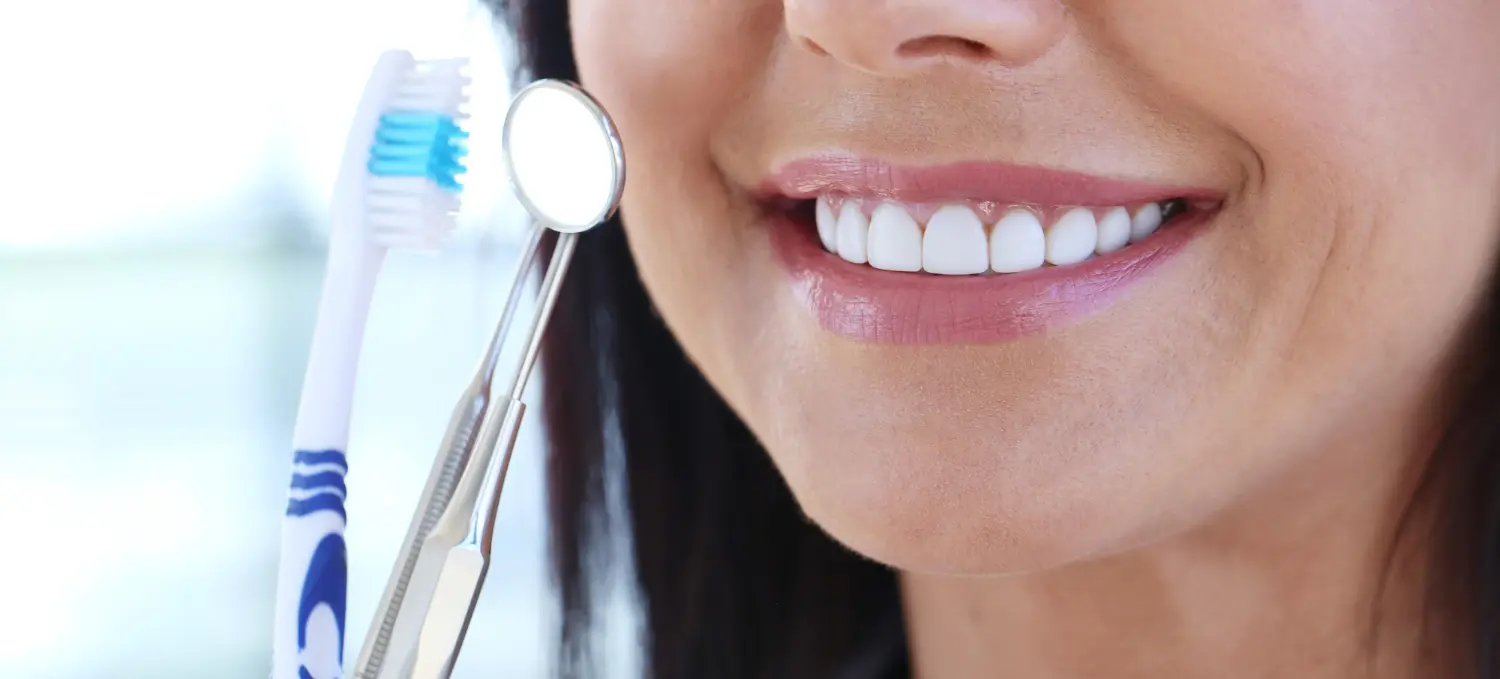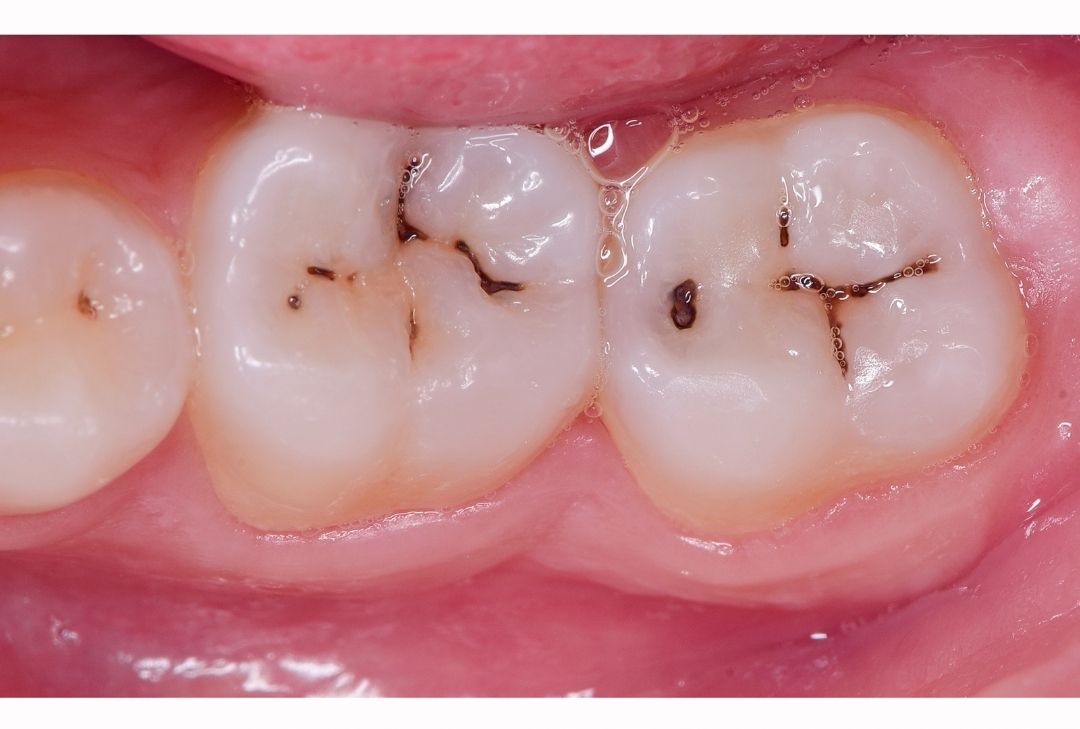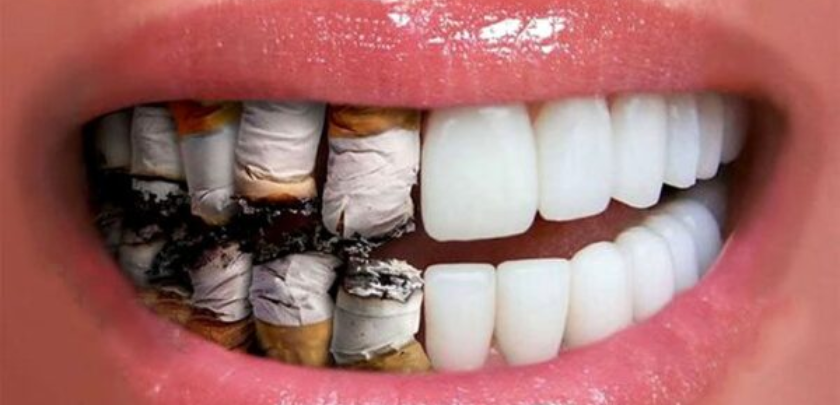A Guide to Healthy Teeth and Gums
Oral hygiene is an essential aspect of overall health and well-being. Taking care of your teeth and gums not only prevents dental problems but also contributes to your overall health. Poor oral hygiene can lead to a variety of issues, including tooth decay, gum disease, bad breath, and even systemic health problems.
Why is Oral Hygiene Important?
- Prevents Tooth Decay: Regular brushing and flossing help remove food particles and plaque, preventing tooth decay and cavities. When bacteria in your mouth feed on these food particles, they produce acids that can erode tooth enamel, leading to cavities.
- Reduces Gum Disease: Good oral hygiene is crucial for maintaining healthy gums. Gum disease, also known as periodontal disease, is a bacterial infection that affects the gums and the bone that supports your teeth. If left untreated, gum disease can lead to serious health problems, including tooth loss, heart disease, diabetes, and even stroke.
- Boosts Confidence: A healthy smile can boost your self-esteem and confidence. When you have a beautiful smile, you’re more likely to feel good about yourself and interact with others with greater confidence.
- Improves Overall Health: Studies have shown a link between poor oral health and systemic diseases such as heart disease, diabetes, and stroke. Bacteria from the mouth can enter the bloodstream and contribute to these conditions.
Tips for Maintaining Good Oral Hygiene:
-
Brush Your Teeth Twice a Day: Use a soft-bristled toothbrush and fluoride toothpaste for at least two minutes each time. Brushing helps remove food particles, plaque, and bacteria from your teeth, preventing tooth decay and gum disease.
-
Floss Daily: Flossing is essential for reaching the spaces between your teeth, where your toothbrush can’t reach. Food particles and plaque can accumulate in these areas, contributing to tooth decay and gum disease. Floss gently but thoroughly to remove any debris and prevent inflammation.
-
Use Mouthwash: Mouthwash can help kill bacteria that cause bad breath and gum disease. Look for a mouthwash containing fluoride for added protection.
-
Limit Sugary and Acidic Foods: Sugary and acidic foods and drinks can contribute to tooth decay and erosion. Moderation is key, and rinsing your mouth with water after consuming these substances can help neutralize acids and prevent damage.
- Choose Fluoridated Products: Use a fluoride toothpaste and consider a fluoride mouthwash for added protection. Fluoride helps strengthen tooth enamel and prevent decay.
-
See Your Dentist Regularly: Schedule regular dental check-ups and cleanings every six months to detect and address any oral health issues early. Your dentist can also provide professional cleanings and recommendations for maintaining optimal oral health.
The Importance of Periodontic Checks
Periodontic checks are essential for maintaining healthy gums and preventing gum disease. During these appointments, your dentist will examine your gums for signs of inflammation, bleeding, or recession. Early detection and treatment of gum disease can help prevent more serious complications.
By following the tips outlined in this guide, you can significantly improve your oral health and enjoy a brighter, healthier smile. Remember, maintaining good oral hygiene is essential for preventing dental problems and contributing to your overall well-being.
Take action today! Schedule a dental appointment to assess your oral health and receive personalized advice. Our dentist can provide you with additional tips and recommendations tailored to your specific needs.




















